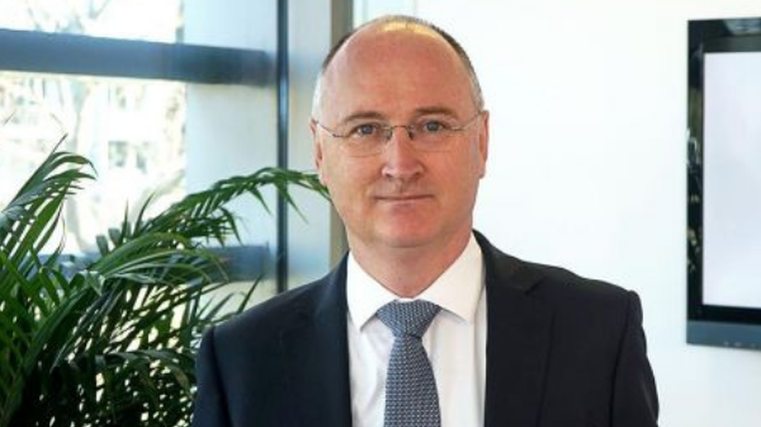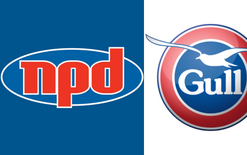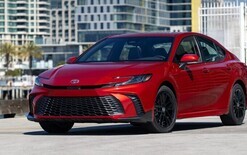New sales record for Australia

The new-vehicle industry in Australia has eclipsed its annual record for sales after selling 1,220,607 units in 2024, an increase of 0.3 per cent from the previous best set in the year prior.
Toyota was the best-selling brand of last year after recording 241,296 sales, which accounted for 19.8 per cent of the market.
Next was Ford on 100,170 and 8.2 per cent, Mazda with 95,987 and 7.9 per cent. The top five was completed by Kia and Mitsubishi on 81,787 and 74,587 sales respectively.
The latest figures from the Federal Chamber of Automotive Industries (FCAI) show that in December alone there were 95,895 new vehicles sold in Australia, which was 2.7 per cent lower than 98,544 in the same month of 2023.
Toyota was the market leader last month with 18,657 sales, followed by Ford on 8,305, Mazda with 7,256, Kia on 6,302 and Mitsubishi with 5,754.
Topping the models’ chart for December was Toyota’s RAV4 with 5,119 units. Ford’s Ranger took second spot on 4,493.
Next were two Toyotas – the Hilux with 3,333 and Prado on 2,687 – with the Ford Everest rounding out the top five with 2,476 sales.
‘Concerning trend’
Despite a record-breaking year, industry reaction to the 2024 figures has been subdued as consumers face a tough start to 2025 because of economic and political challenges.
Tony Weber, FCAI chief executive, says while strong sales in the first half of 2024 set up the full-year result, the momentum in the market was lost as the year progressed.
“The second half of the year showed a concerning trend with sales in the private segment falling to very low levels as interest rates and general cost of living pressures impacted Australian families,” he explains.
“Customers are also increasingly making choices regarding environmental outcomes and the associated total cost of ownership of moving to low-emissions technologies.
“So, while the sales of battery electric vehicles are lower than expected, this is offset to a degree by an increasing number of buyers turning to hybrid and plug-in hybrid models, which make up 14.1 per cent and 1.9 per cent of the total market respectively.”
Weber, pictured, notes SUVs and light commercial vehicles continued to dominate the market but many vehicles in these segments are either difficult or expensive to decarbonise.
This poses a challenge to the industry in meeting the targets of the federal government’s new vehicle efficiency standard (NVES), which came into effect on January 1.
“The industry is responding to NVES by increasing the range of zero and low-emission vehicles on offer,” says Weber.
“However, a continuation of current customer buying preferences will inevitably lead to the accrual of substantial penalties under the government’s new scheme, which will create price inflation within the new vehicle market.”
Of last year’s sales total, 74,612 units or 6.1 per cent were fully electric. Hybrids accounted for 172,696 and 14.1 per cent, while plug-in hybrids (PHEVs) notched 23,163 and 1.9 per cent.
Weber says lower-than-expected sales results for battery electric vehicles were being replicated in a number of major markets around the world.
“Governments around the world have set regulations that are ahead of available zero-emissions technologies and this is impacting both car makers and consumers,” he continues.
“Manufacturers in the UK, Europe and the USA are under pressure because they have made huge investments to manufacture EVs, but customers are not buying them in the numbers needed to meet emission targets and to provide a return on investment.
“In Australia, ideally, we will continue to see governments continue to invest in EV recharging infrastructure across the country. The Commonwealth government should apply revenue raised through NVES penalties to recharging infrastructure.
“In addition, I urge the Commonwealth government to support its emissions reduction policies by considering ongoing consumer support such as a continuation of the FBT exemption for plug-in hybrid vehicles, which is due to end on April 1, 2025.
“If consumers do not want, cannot afford or cannot find new low-emission vehicles that meet their needs, then no amount of effort from governments and car makers will make a difference.”





